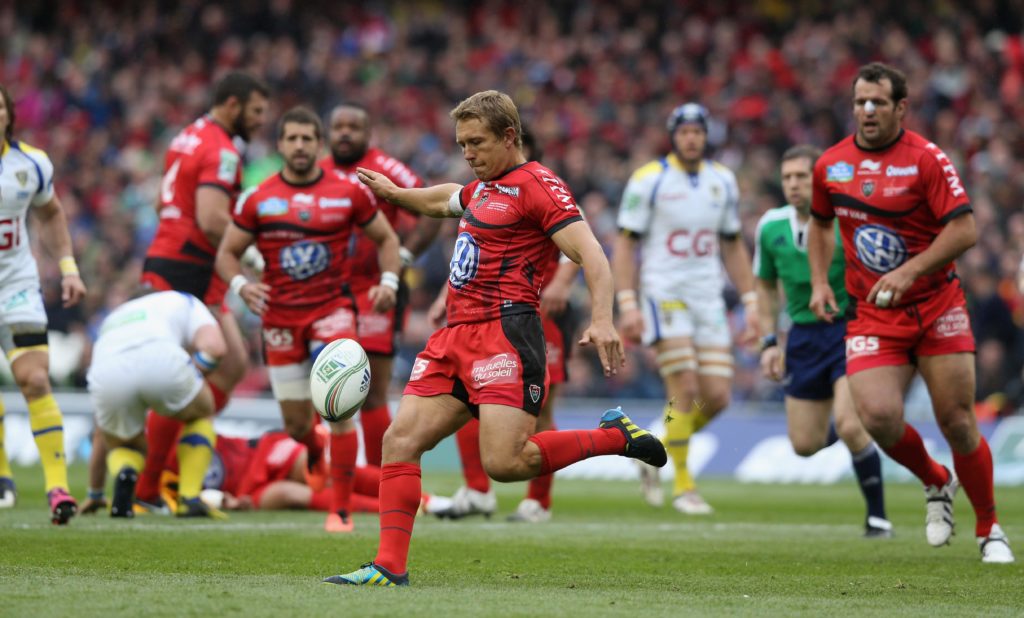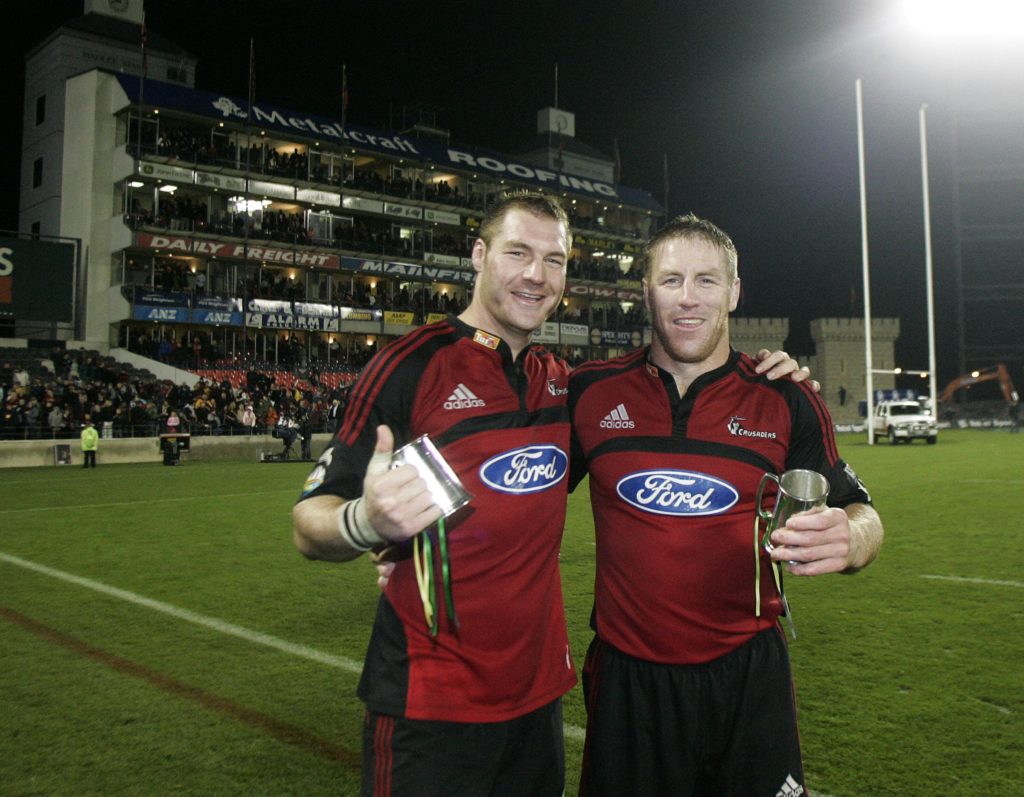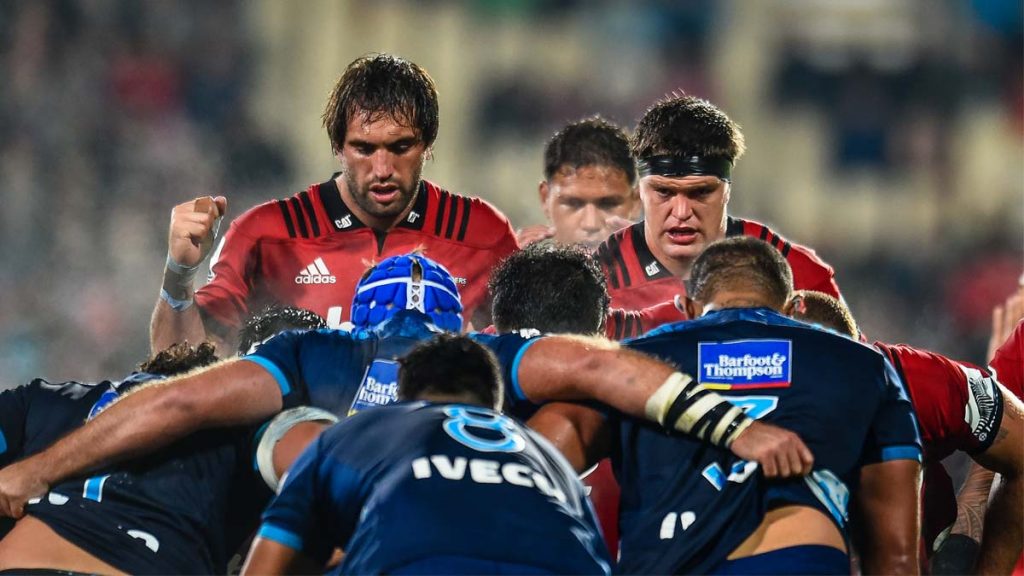When Glasgow Celtic became the first British football team to win the European Cup in 1967, they did so with a starting team that had all been born within walking distance of the club’s ground.
That’s how football was back then – local lads hoping to play for their local club. There was no money back then to buy talent – not on any kind of significant scale at least and so the most important people at any professional club were the talent scouts and coaches.
Clubs used to find players in the nearby parks and streets, nurture them, develop them and build a team with them.
Somewhere in time this concept got lost. Money distorted the picture and it became easier and quicker to buy success.
The idea of a club winning anything with local lads is all but dead and seemingly never going to return because we now have private equity investors as well as oil sheikhs, deposed dictators, supermarket magnates and tech billionaires wanting a chunk of sport.
Russian oligarchs and the uber wealthy suddenly wanted vanity projects as a means to blow their inordinate and inexhaustible supplies of cash and within a decade, European football became dominated by a select few.
The idea of a club winning anything with local lads is all but dead and seemingly never going to return because we now have private equity investors as well as oil sheikhs, deposed dictators, supermarket magnates and tech billionaires wanting a chunk of sport.
As much as this is true in football, so too has it increasingly become the norm in rugby.
Maybe not on the same scale, but in principle, most successful clubs tend to be mostly assembled rather than built and developed with local talent.

Saracens are maybe the best example in the UK, but the French league is essentially all about sides with superstars and despite the introduction of salary caps and other means to try to prevent distortion, it remains hard not to believe that there is a strong link between financial wealth and success.
Which takes us to the Crusaders – who are now the 1967 rugby equivalent of Celtic. They are the Southern Hemisphere’s most dominant rugby force of the last 25 years – a fact that remains true even when their record is pitted against the All Blacks.
The Crusaders have bagged 11 Super Rugby titles and may well make it 12 on Saturday night as they are strong favourites to beat the Chiefs in Christchurch.
It’s an extraordinary record. The Blues and Bulls have won three championships each in the same period – but their titles came in a short burst of excellence and the wider stories of those two clubs are marked by long periods of under-performance.
No club has been able to get remotely close to standing comparison and this whole success story is built on the remarkable fact that the Crusaders have developed and retained such a strong and identifiable culture over an incredibly long period.
When it was announced that Pablo Matera will be joining the side next year, it forced many to trawl through the last 20 years and recall when, or if indeed, had, the Crusaders ever bought a star of similar standing in their past.
That’s been the key to it all. The Crusaders know who they are how and what they want and as such they have never, or at least rarely, felt compelled to use their chequebook to sign big name stars and build a team around them.
When it was announced that Pablo Matera will be joining the side next year, it forced many to trawl through the last 20 years and recall when, or if indeed, had, the Crusaders ever bought a star of similar standing in their past.
The answer was no. In the late 1990s Ron Cribb relocated from the Blues and went from promising provincial player to established All Black. In 2001 Brad Thorn came over from the NRL, but his rugby knowledge was zero and there was no case to call him a star. Not in rugby.
In 2005, Rico Gear, who had won a few All Blacks caps as a wing, left the Blues where he sporadically started and came south. He didn’t quite meet the big name criteria when he shifted, but the nature of his contract – which saw him sign with the second division Nelson Bays to get around the old rules of provincial unions not being able to sign more than one All Black in a season – made the move higher profile than it perhaps was.

The All Black who scuppered his move as it were, was Mose Tuiali’i, an athletic No 8 who managed to impress the national selectors despite barely playing for the Blues or Auckland.
In 2006, one cap halfback Kevin Senio was signed from the Chiefs to replace the legendary Justin Marshall and then in 2008, Ali Williams, having fallen out with Blues coach David Nucifora, shifted south for one season only to return to the Blues the following year after his Australian nemesis moved on.
In 2010, Sonny Bill Williams, a little like Thorn, arrived at the Crusaders with a long league career behind him but limited exposure to rugby.
And there it is, an entirely unimpressive list of transfers – Ali Williams excluded but he didn’t stay – in the sense that none of the players the Crusaders have brought in, would, at the time they arrived, be classified as genuine heavyweights.
Where the Crusaders have out-smarted everyone else is in their ability to source and then nurture teenage talent. They are the masters at spotting and then enticing young men to Christchurch.
They did it with Richie McCaw. He was planning to commit to his own province of Otago when then Crusaders academy coach Steve Hansen saw him playing in a school First XV game and, so the legend goes, charged into the chief executive’s office and said: “Whatever you do, sign that kid now and I don’t care what it costs.”
It seems obvious that what binds the club so tight is this sense of gratitude and pride so many feel to be part it. It’s as if the Crusaders take the risk, show the faith and then their players feel compelled to pay back.
It was the greatest talent ID moment of the professional age – the equivalent of Bloomsbury saying yes to JK Rowling when every other publisher had said no. Like McCaw, the Crusaders picked up Kieran Read in similar circumstances.
They snared Samuel Whitelock and Codie Taylor from Manawatu. They picked up Scott Barrett from Taranaki. Jack Goodhue was at Mount Albert Grammar School in Auckland but headed to Christchurch at 18 – just as Braydon Ennor did.
No one really knew those kids at the time they shifted, but they are household names now, playing alongside the likes of Will Jordan, Richie Mo’unga, Cullen Grace, David Havilli and Ethan Blackadder who represent the other key strength of the club – their ability to nurture local talent to a level that seems higher than other clubs manage.
No one actually says this, but it seems obvious that what binds the club so tight is this sense of gratitude and pride so many feel to be part it. It’s as if the Crusaders take the risk, show the faith and then their players feel compelled to pay back.
Whatever, it’s always been the case that the Crusaders have a different culture to everyone else – going back to the days when former coach Robbie Deans’ wife, Penny, would drop off a lasagne at the home of new players every now and again.
It was a simple gesture but one that showed how much the club cared and how they demonstrated that their relationship was not just with the player but also his family. No wonder so many players have felt a deep sense of belonging to the club and why so few leave.

Carter, McCaw and Read all gave their best years to the Crusaders. Whitelock will do the same, probably Taylor and Barrett and the list could no doubt go on.
It’s a place where the entity is bigger than the individual and a place where that message has never wavered. In 2018 Wyatt Crockett, celebrated as the club’s greatest stalwart and the longest serving Super Rugby player in history at the start of the month, was dropped for the final by the end of it.
Crockett was hurt, but he dried his eyes, trained his heart out in the week of the final and then showed his support from the stands. “The great thing is he [coach Scott Robertson] was very honest and it was about putting the team first.
“I can’t complain about that. That’s something that’s always been the way here at the Crusaders. I’m glad he stuck to his guns. Looking at it, it’s been a family to me for the last 13 years. I’m not leaving, I’m changing roles. I’ll become a fan and I’ll be calling in from time to time.”
Team comes first and everyone buys into it – that’s the Crusaders way. It’s why Ennor hase be named in the matchday 23 for the final despite not having played a single Super Rugby Aotearoa game in 2021.
He played well, he looked dynamic. Used his feet well, defended well. So the conversation for him, now, is he will become available for selection and we will do the best for the team around that.’
Crusaders assistant coach Scott Hansen on the return of Braydon Ennor
Two outings with his club were enough to persuade the coaching panel he was fit and at the start of the final week, assistant coach Scott Hansen said: “There were three coaches out there watching him.
“He played well, he looked dynamic. Used his feet well, defended well. So the conversation for him, now, is he will become available for selection and we will do the best for the team around that.’
“The conversation with him, is that he is ready to go? So we will sit down and consider that this week.”
Two days later Ennor was named on the bench, with the full support of the playing squad.
The Crusaders aren’t quite a club of local lads, but they just about are and in an age when money tends to dictate results, they are the last link to a forgotten age that is greatly missed.



Comments
Join free and tell us what you really think!
Sign up for free